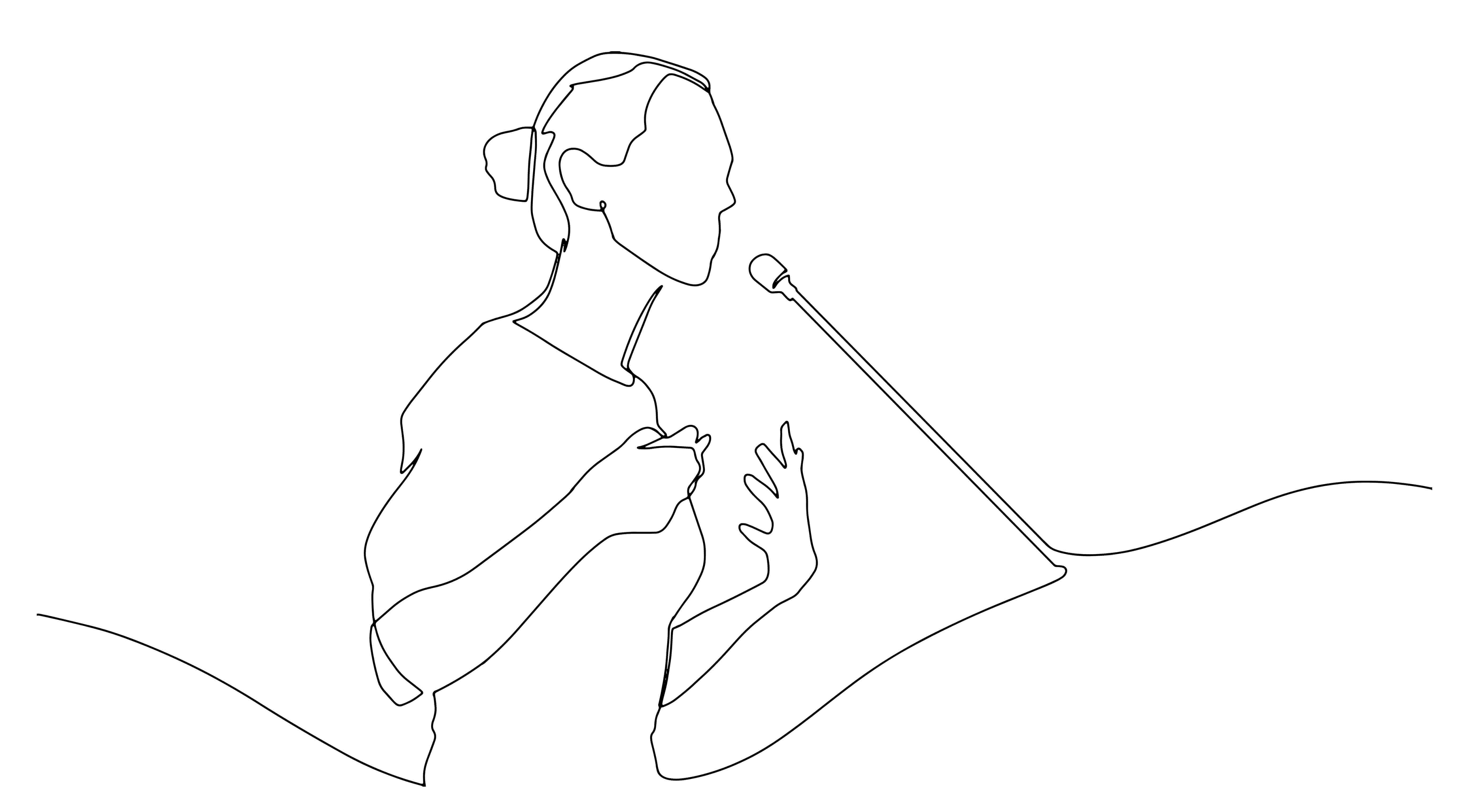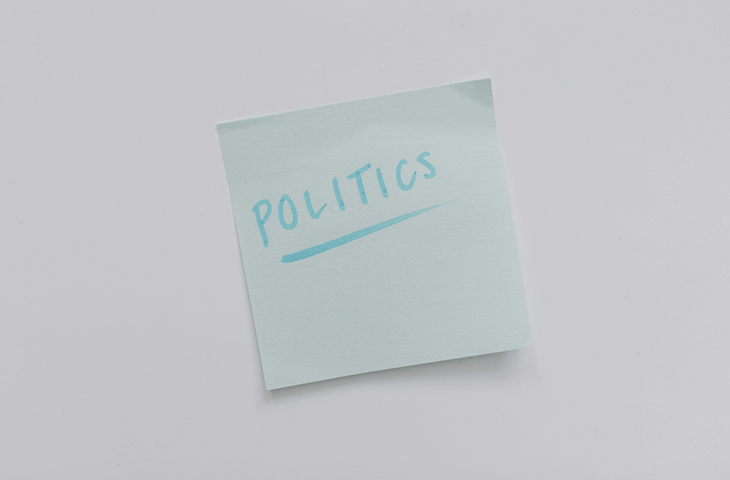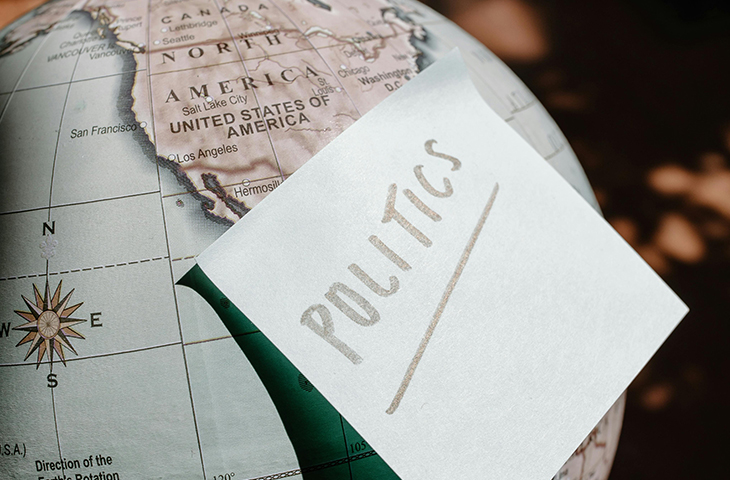‘bonkers Crazypants’: American Diplomats Shaken By Reports Of Possible Cuts

U.S. diplomats were shaken and even panicked during the weekend as a document purporting to be a draft executive order that would radically reshape the State Department circulated and boosted their fears of massive job cuts.
Secretary of State Marco Rubio dismissed reports of the document as “fake news,” but the jitters underscored how alarmed many are about the lengths the Trump administration will go to to reshape the State Department as part of a so-called efficiency drive.
The document calls for eliminating scores of traditional State Department offices and bureaus and overhauling how Foreign Service postings work. Among other changes, it would eliminate the regional bureau devoted to Africa and shrink the U.S. diplomatic presence in Canada.
POLITICO obtained the document and two current and one former official familiar with the matter verified the proposal has been circulated inside the department but couldn’t confirm when it was drafted, by whom, or how it pertained to the Trump administration’s final reorganization plan.
A State Department spokesperson called the draft “a fake document.”
The administration is planning to announce its reorganization plans as soon as Tuesday, which could come in the form of notices to the Department, two U.S. officials said.
The speed at which the document circulated among diplomats over the weekend — real or not — speaks to how on-edge State Department officials are over the fate of their agency amid the Trump administration’s drive to drastically slash government bureaucracy.
Diplomats sharing the draft with each other said they were puzzled by the logic undergirding it. One U.S. diplomat described the draft to POLITICO as “bonkers crazypants.”
The diplomat added: “There’s a lot that could be reformed, but you could give infinite monkeys infinite typewriters, and they would come up with something better than that.”
There are signs that the document is not the final plan for the State Department. It does not follow the standard format of an executive order, even from President Donald Trump.
Many pieces of it would violate or undermine laws that authorize the State Department’s operations and it is also not logistically consistent with other communications sent to Congress from the administration detailing other revamps, such as what it plans to do with the leftovers of the U.S. Agency for International Development.
Trump and his administration have made their intentions for the State Department clear. POLITICO reported last week that the administration is weighing asking Congress to slash the State Department and USAID budgets by nearly half to $28.4 billion.
The document calls for eliminating regional bureaus within the department and replacing them with four new diplomatic “corps” on Eurasia, the Middle East, Latin America and the Indo-Pacific.
Some of the most startling shifts outlined in the purported order address how the U.S. approaches Africa. Under changes proposed within it, much of the State Department’s work on the region would be farmed out to the White House and all “non-essential embassies and consulates in sub-Saharan Africa” would be closed by Oct. 1, 2025. A Special Envoy for African Affairs reporting directly to the National Security Council would replace the African Affairs bureau.
The plan would also see the U.S. significantly reduce the number of diplomats dedicated to managing U.S. relations with Canada, including by downscaling operations of the U.S. Embassy in Ottawa with a specialized team of less than 20 to work with the top diplomat there.
Both moves have the potential to upend routine services for Americans abroad in those places such as helping travelers with lost passports or registering births, but the plan makes no mention of how it would address that.
The purported order would altogether eliminate the Policy Planning bureau, traditionally a center of power in State Departments of both Republicans and Democrats, as well as the bureau of conflict stability operations and the bureau of democracy, human rights and labor.


